God and Man at EMU
Devra Torres | Aug 12, 2013 | 2 cmts
Last weekend I attended a fascinating conference and debate on Islam sponsored by Ave Maria Radio and hosted by Eastern Michigan University.
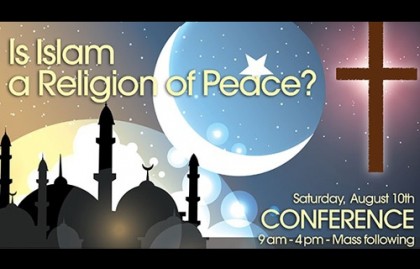
I knew it would be good. The topic is not one that's usually on my mind’s front burner, but the first conference in the “Build the Church, Bless the Nation” series was strikingly successful at getting beyond clichés and echo-chamber applause lines. My hopes were high.
Besides, it promised to be a true debate, not like the carefully scripted election-year baloney festivals that go by the same name.
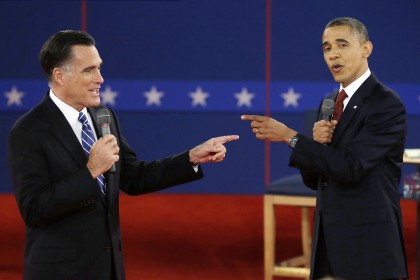
(Early in the last presidential “debate,” my four-year-old helpfully inserted an ibuprofen tablet into a nostril, keeping my attention diverted during nearly the entire spectacle. Thank you, Gabe. I guess.)
Anyway, my hopes for the conference were not disappointed.
Despite a fair amount of brouhaha in the media, the conference, though lively, was peaceable enough. There were more armed guards than you’d expect to see at a debate, but most of those inclined to protest seemed content to do it by steering clear and urging others to do the same. Two of the presenters, Shadid Lewis (left( and Mustafa Akyol (right) were Muslim,
and a few young men in the audience sported Nation of Islam T-shirts, but most, judging by the timing of their applause, were either Catholic or fellow-travelers.
This post, of course, is not an attempt to “cover” the conference in all its theological, historical, and political depth. But as a personalist, a couple things jumped out at me.
The first was the centrality of the differences between the Catholic and Muslim conceptions of personhood, our own and God's. Al Kresta’s introduction tackled the point most directly.
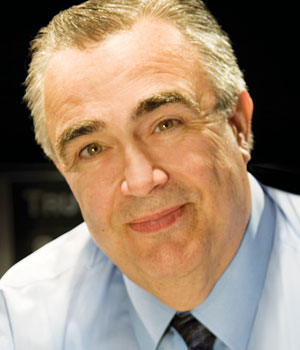
The Christian understanding, he said, is incarnational—but in Islam there is no Emmanuel, God with us. For Islam, that would be a trivialization, a violation of the divine majesty.
This made me think: maybe we Christians ought to remind ourselves just how surprising it is that the transcendent God has come to pitch His tent with us. If we're not startled by it, it's not because we're Christian, but because we're out of the habit of taking God's majesty seriously.
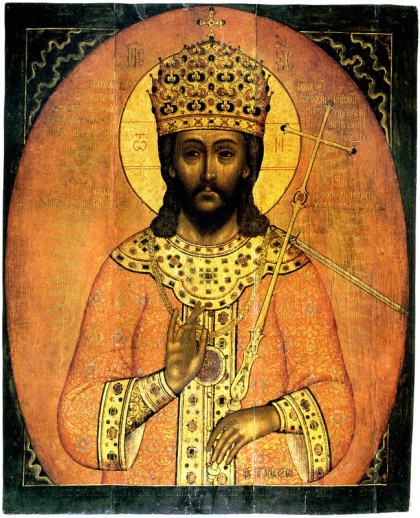
Kresta continued:
We worship one God in plurality. For Christians, God not only can love; He is love. Love is not a possibility for action but is inherent in His nature.
The interpersonal reality of the love of each Person of the Trinity for the others couldn’t possibly be more central to our faith.
For Muslims, on the other hand, the key thing is that God is unique: the “solitude of Allah.” But the Christian God “enters into friendship with His creatures,” progressing from the original friendship in Paradise to the alienation of original sin, to God’s drawing successively nearer: first through the covenants,
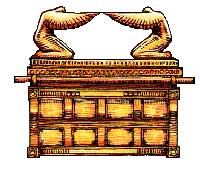
then through the Incarnation, then through the indwelling of the Holy Spirit and the Eucharist, and, in the end, with the final union of Heaven.
But "Allah doesn’t make covenants" because "covenants establish kinship." Allah doesn’t have a relationship of reciprocity with human beings. Allah is “merciful” and “compassionate,” but that doesn’t imply the fatherly or spousal relationship with human persons that the Bible speaks of. Allah is understood to reveal His law, but not Himself.
Kresta also asked the speakers:
What’s the best you can say about the human person according to Islam?
(Here my notes were not sufficiently accurate to make clear who gave the answer, but it was this:)
Man is “God’s viceroy”; Islam teaches that “God gave part of His soul to Adam”; the person is unique in his responsibility to choose. But an unbeliever or a sinner--one who doesn't submit to Islam-- doesn’t possess the same dignity.
Allah reveals His law, not Himself. "The language of personal religious encounter is not very present in Islam." Christian prayer includes adoration, contrition, thanksgiving, and supplication. But Koranic prayers are primarily supplications. Prayers of praise are rare, prayers of thanksgiving even more so.
As Kresta noted:
Persons can only be created by God; books can be created by creatures.
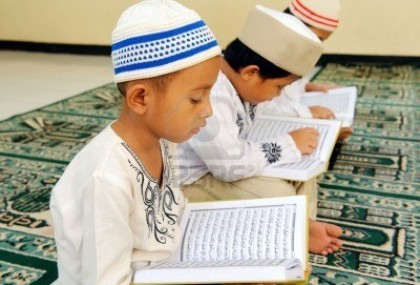
It’s ironic that the highest revelation in Islam is a book; in Christianity, it’s a person.
And that was the second thing that struck me. In Islam, although scholars abound, the Book is the ultimate authority. "The Koran interprets the Koran."
But this system, 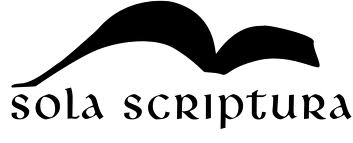
as I recall distinctly from my six years at the Community Bible Chapel, just doesn't work.
People acting in bad faith can cherry-pick verses that bolster what they prefer to believe, and people acting in good faith are abandoned to the pitfalls of private interpretation. Either that, or they can choose someone they trust--say, the local pastor--to do their interpreting for them. But in case of dispute, there's no final arbiter.
Catholicism is singular: while it does have a magisterium, it also respects the legitimate autonomy of the person and the primacy of conscience. So, on the one hand, the magisterium doesn’t define everything: it leaves the believer free to opine one way or the other in a surprising number of areas, including (under certain conditions) how to interpret Scripture itself. And on the other hand, even regarding settled dogma, the person is directed to follow his own conscience. He's also required to make sure it's well formed. But he’s not required to abide by something he believes to be false or evil.
So, as usual, it all comes down to the person. What kind of a person (or persons!) is God? Does He or doesn't He enter into an interpersonal relationship with us? Do all human persons have dignity, or just some?
Abstract as these questions may sound, their implications reach far, far beyond the Grand Ballroom of the Student Center of EMU.
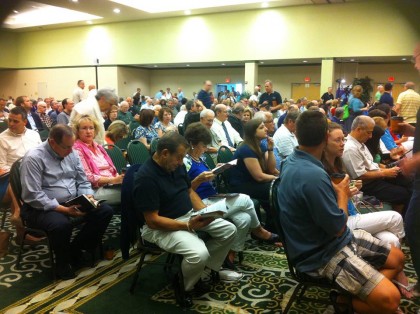

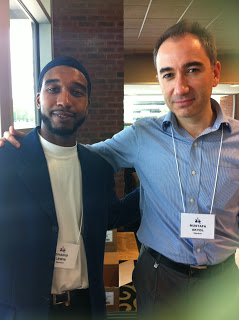
Comments (2)
Katie van Schaijik
Aug 13, 2013 5:07pm
Great points! Three cheers for Al Kresta!
I like especially that question, "What's the best Islam can say about the person?"
Another central difference—likewise grounded in a fundamentally different view of the person—is Islam's rejection of natural law. Christianity recognizes human reason's ability to discern truth—including moral truth—independently of Revelation.
Devra Torres
Aug 13, 2013 5:22pm
Another fascinating thing I didn't have time to get to is the claim that Allah's power is so great that it can "overrule absolute truth" (whatever that would mean, exactly!). But the main thing I took away was the lack of a magisterium--we had two Muslim presenters, one a Turkish "moderate" who made a great case for Turkey (at least in the past), but a weaker one for Islam. Both the Muslim presenters and Robert Spencer (arguing against the title of the conference) quoted Koran verses right and left, but there was no way to adjudicate between them. You could try to argue that some have been abrogated and some haven't, but there was no way to adjudicate which view of abrogation was right, either. They certainly tried the whole day to use reasoned argumentation but as far as I understand it the Islamic view of "human reason's ability to discern truth" is more like certain Protestant churches' anti-rationalism than the Catholic view. At the Community Bible Chapel, for instance, probing theological questions were often stopped short with warnings to beware of "vain philosophy," by which they seemed to understand reason itself.